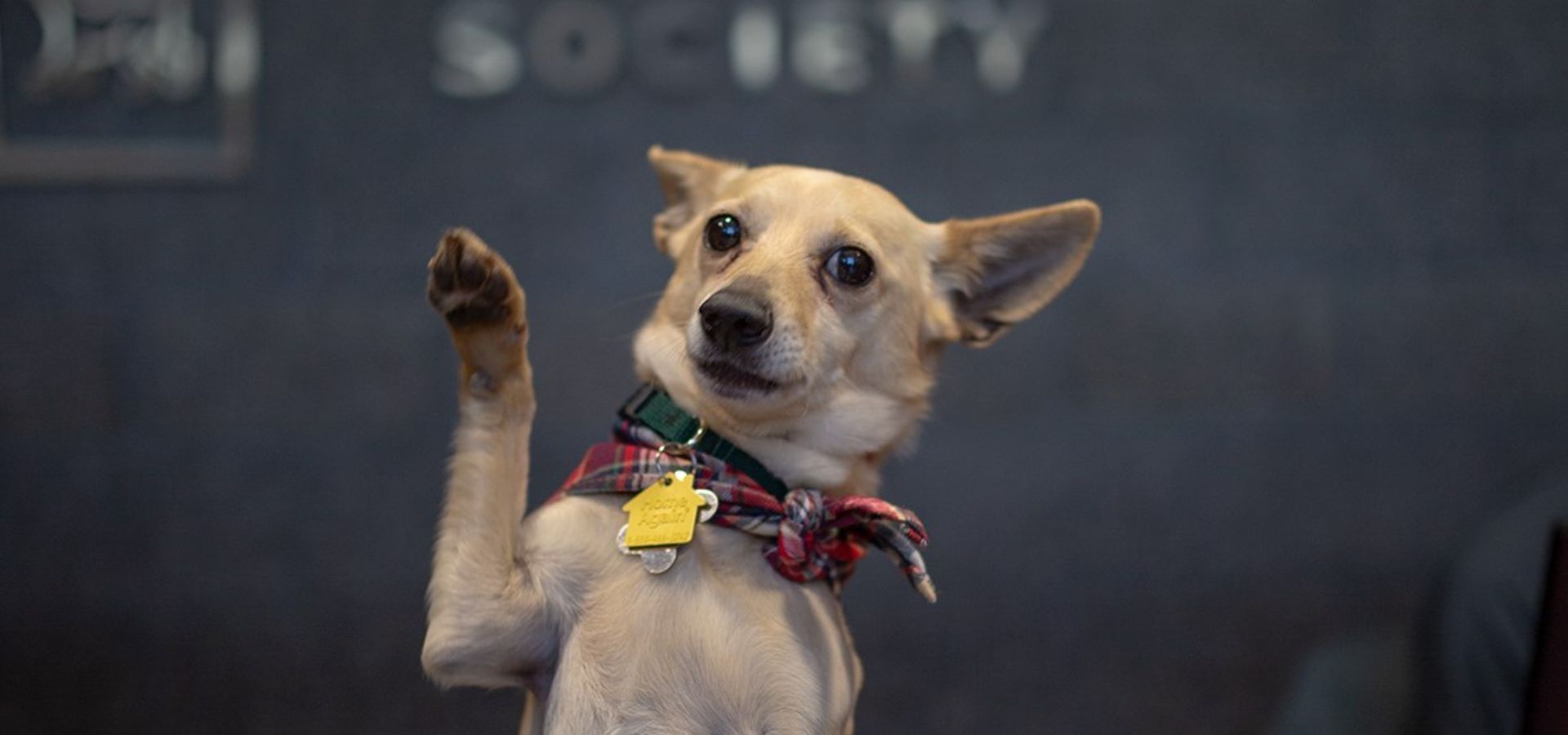House Bill 3604 – PASSED
For the past two years, OHS has been working with legislators and other animal welfare partners to fill a critical gap in our laws protecting stray cats and their owners.
House Bill 3604 creates a statewide framework defining hold periods for stray cats. Many areas in our state lack services for stray cats, and this bill provides critical guidance for rescues and shelters to help.
On May 15, Governor Tina Kotek signed House Bill 3604 after it passed through the Senate in a 26-1 vote.
House Bill 3604 FAQ
The goal of HB3604 is to establish a legal framework that sets a stray hold period for stray cats, set standards for agencies who assist stray cats, and provide a means for the agency to become a stray cat’s owner if the cat is unclaimed. HB3604 protects qualified agencies when they follow requirements.
Many communities in Oregon have seen a marked increase in population of both owned and unowned cats in recent years. Organizations that serve cats have experienced high demand to meet the increased need to assist owned and unowned adoptable cats. HB3604 supports this effort by providing a means for qualified agencies to obtain legal ownership of cats. Moving more cats into the adoption pathway also reduces the number of cats reproducing in the community. As Oregon’s largest animal shelter, Oregon Humane Society is leading the effort to help stray cats and the communities they live in by requesting that the Oregon Legislature pass HB3604.
Most of Oregon’s 36 counties don’t have ordinances that apply to cats, and most counties don’t have facilities or resources to shelter and rehome cats. HB3604 fills the gap without prohibiting counties from operating their own existing stray cat programs or enacting new programs.
No. Trap-neuter-return (TNR) and shelter-neuter-return (SNR) programs are working well in Oregon, and HB3604 does not aim to disrupt these successful community services. HB 3604 aims to help cats in need of sheltering and rehoming while also helping lost cats in need of reunification with their owner.
HB3604 limits eligible organizations to those with resources to promote reunification of lost pets with their owners, including limiting the eligible agencies to those with a physical building open to the public. HB3604 requires agencies to avoid intaking owned cats, safeguard the cats throughout a holding period, and promote reunification through modern forms of publication and cross-reports to local municipal agencies. The length of the hold time defers to any local
ordinances that may exist and is consistent with reclamation statistics of Oregon’s municipal agencies. The combined requirements limit the number of places a pet owner must look for their lost pet and reduce barriers to reunification.
HB3604 protects qualified agencies from civil liability and provides defenses for criminal liability if they follow the guidelines as required.
HB3604 limits eligibility to organizations with the resources needed to provide adequate care and veterinary services to cats. HB3604 sets a stray hold period that keeps the needs of sheltered cats in mind, limiting their exposure to stress and illness. More cats in Oregon communities can be helped when agencies have a pathway to legal ownership and can move cats along that pathway in a reasonable time frame.
Please help cats in Oregon’s communities and support the passage of HB3604!
Senate Bill 1076
This bill clarifies licensing fees and makes improvements to the Animal Rescue Entity (ARE) program and directs the Oregon Department of Agriculture (ODA) to create a breeder license and standards of care program for breeders of pet dogs, cats, birds, and small mammals.
SB1076 is a priority bill for Oregon Humane Society during this legislative session. Humane World for Animals (formerly HSUS) has been leading the effort for this legislation alongside OHS, with support from other animal rescue organizations.
The Senate Natural Resources and Wildfire Committee has voted to move the bill forward. The Joint Committee on Ways and Means will evaluate the bill in the coming weeks.
How You Can Help
Contact the co-chairs of the Joint Committee on Ways and Means and encourage them to support SB1076. The co-chairs are:
Senator Kate Lieber
[email protected]
Capitol Phone: (503) 986-1714
Representative Tawna Sanchez
[email protected]
Capitol Phone: (503) 986-1443
Suggested Language
Please help make Oregon the safest place for pets by supporting Senate Bill 1076. With the passage of SB1076, animal rescue entities can continue the crucial work they do, and Oregonians who add pets to their families through breeders can rest assured that their new family member has had the best possible start in life.
Please vote “yes” on SB1076.
Senate Bill 1076 FAQ
Animal Rescue Entity oversight began in 2013 with the passage of Senate Bill 6, an omnibus bill that included the ARE program. City or county governing bodies were meant to enact and enforce the program in their municipalities.
Very few counties had resources to establish programs. In 2019, Senate Bill 883 was passed, transferring enforcement to Oregon Department of Agriculture (ODA) and providing funding for the first biennium, after which the program was meant to be self-funded.
License fees have proved insufficient to fund the program. In 2024, ODA attempted to raise license fees, but the proposal was not well received. The high increase meant rescues would have to help fewer animals. Since then, stakeholders have come together to find a compromise, which is reflected SB1076.
The current law is overly rigid and detailed in regard to record keeping, reporting, and reviewing requirements. Both ODA and AREs have been overburdened and overextended by the language in statute, leaving fewer resources for meaningful enforcement and fewer resources to help animals.
Current language in existing law leaves a loophole where rescues with fewer than 10 animals are not subject to enforcement. Bad actor rescues utilize this loophole to avoid enforcement.
Oregon breeders are not licensed, regulated, or inspected. It is time for Oregon breeders
to be held accountable for animal care and welfare standards, disease prevention, and oversight.
SB1076 would build upon the Animal Rescue Entity program by directing the Oregon Department of Agriculture to create a Breeder License and Standards Program for dogs, cats, pet birds, and pet small mammals. Breeders of livestock for agricultural purposes would remain unaffected.
Under this program, a breeder that keeps dogs, cats, birds (other than livestock or exotic animals) or small mammals (other than livestock or exotic animals) for the primary purpose of reproduction and sale or transfer as pets would be subject to rules and standards as determined by ODA. Additionally, breeders whose breeding activity exceeds a certain threshold will be subject to licensure.
Other 2025 Bills OHS Supports
House Bill 3871
OHS’ Position: SUPPORT
Establishes an Animal Welfare Trust to raise funds and issue grants to offset veterinary costs for low income and underserved communities. This bill isn’t asking for any state funding.
House Bill 3314
OHS’ Position: SUPPORT
This bill includes a budget request to fund flushing channel for the Willamette to reduce toxic algae blooms, which are deadly for dogs.




